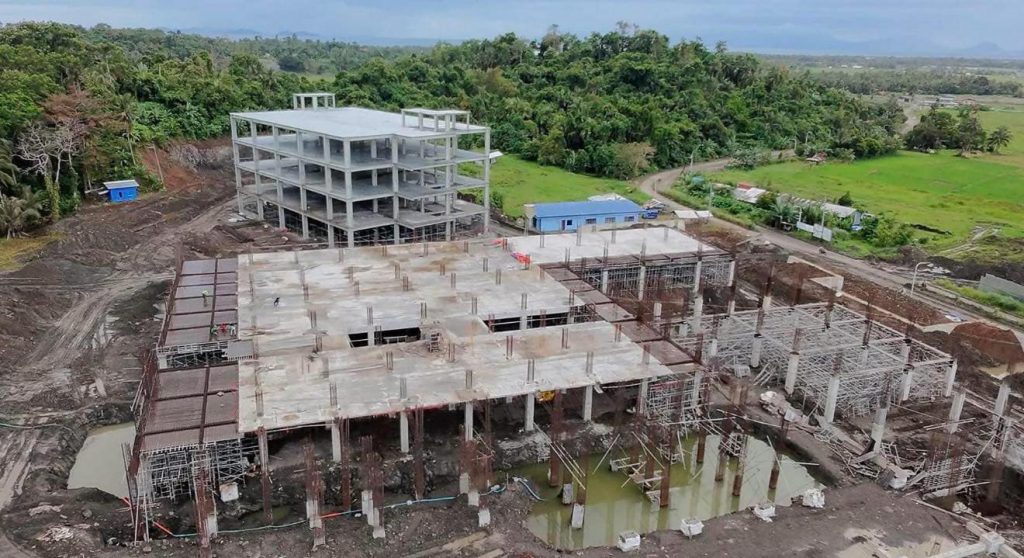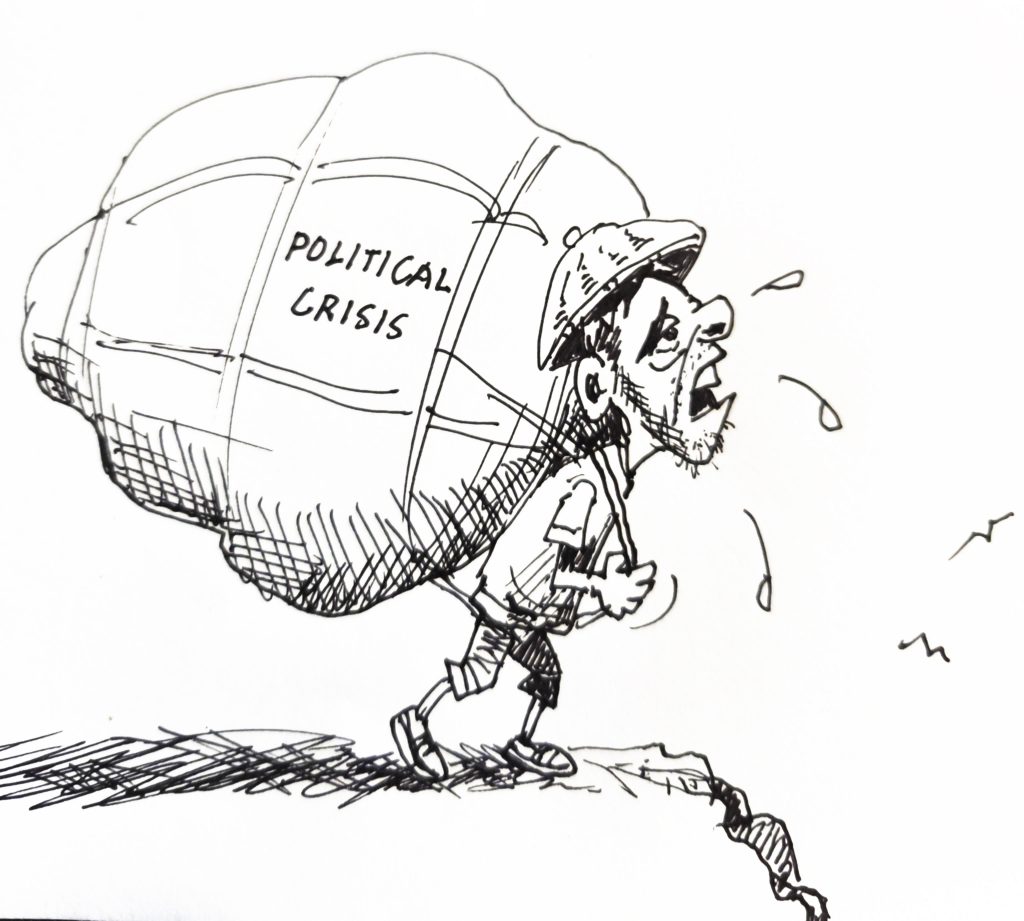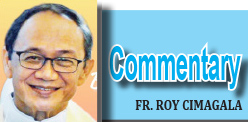A GOOD number of times, the Bible reminds us of the need of this virtue of sobriety. The following passages are a few of the examples:
– 1 Thessalonians 5,6-8: “Let us be awake and sober, putting on faith and love as a breastplate, and the hope of salvation as a helmet.”
– 1 Peter 5,8: “Be sober, be vigilant; because your adversary the devil, as a roaring lion, walks about, seeking whom he may devour.”
– Titus 2,12: Sober Christians deny themselves worldly pleasures.
– Ephesians 5,18: “Be filled with the Spirit, and not drunk with win.”
We cannot overemphasize the importance and the necessity for this virtue, especially in the context of today’s world that is hounded by all sorts of developments that entice us to fall into obsessions, addictions and the many other forms of self-indulgence, which can snare us in a most subtle way.
Consider, for example, the number of people addicted to the social media. Cases are growing of people falling into certain uncontrolled irregularities and anomalies in their lifestyle. Mental and even psychological illnesses are also on the rise.
To be sober means being alert and in control of one’s thoughts and actions. It also means being aware of the dangers of the world, the flesh, and the devil. It definitely asks us to be very guarded against these dangers.
Sobriety helps us to distinguish between the essential and the accidental in things, issues and affairs. It enables us to establish a good sense of priority in the face of the many options open to us. It certainly allows us to be properly recollected and to have proper focus and sense of purpose in life.
Definitely, a certain discipline is needed here so that all our human powers and faculties—from the spiritual to the corporal, from our intelligence and will to our emotions, feelings, passions, etc.—would be properly submitted and ruled by the ultimate guide proper to us, that is, our faith in God, our Father and Creator, with its accompanying virtues of hope and charity.
Indeed, to have a spirit of recollection in the world is indispensable to us. We need to cultivate the skill for this. Remember St. Paul telling us: “If you have risen with Christ, seek the thinks that are above, where Christ is sitting at the right hand of God. Mind the things that are above, not the things that are upon the earth.” (Col 3,1-2)
This need for recollection simply indicates that our life consists of different aspects and levels that we have to orchestrate to be able to reach our final end. We just cannot go about reacting spontaneously to things, depending solely on instincts and feelings. We are meant for something much, much more than these.
This human need for recollection will always bring us to the realization of the existence of God, with the corresponding rights and duties towards him. We should therefore see that everything in our life has God in it, or at least traces of God in it. We just have to learn how to discover God in these things.
If we have the proper spirit of recollection, everything in our life, whether good or bad, big or small, can be an occasion to know, love and serve God and others.
We have to work this skill out, helping one another, being patient and understanding with one another, since the road to it, aside from being narrow, is strewn with difficulties, traps and snares.








